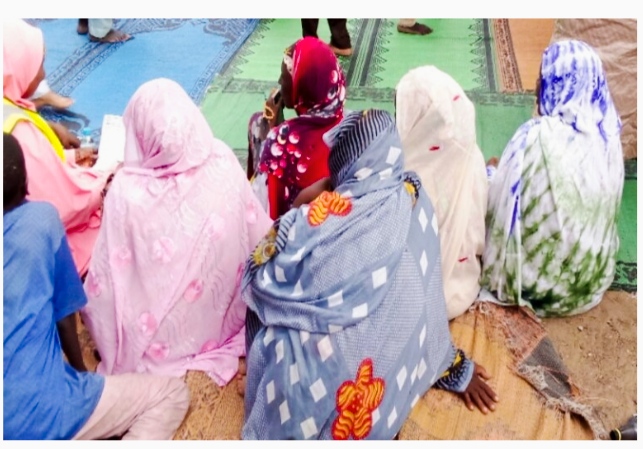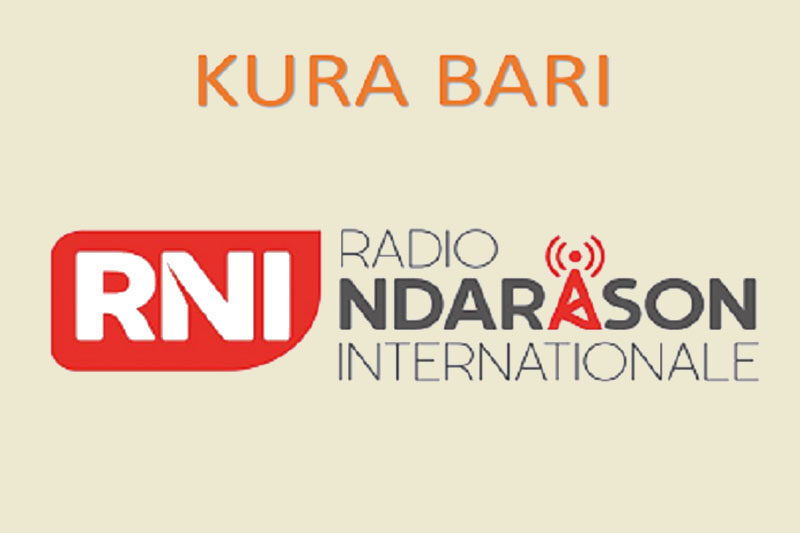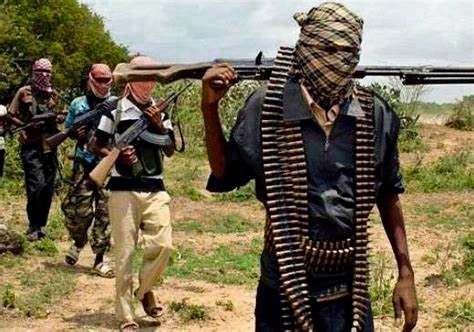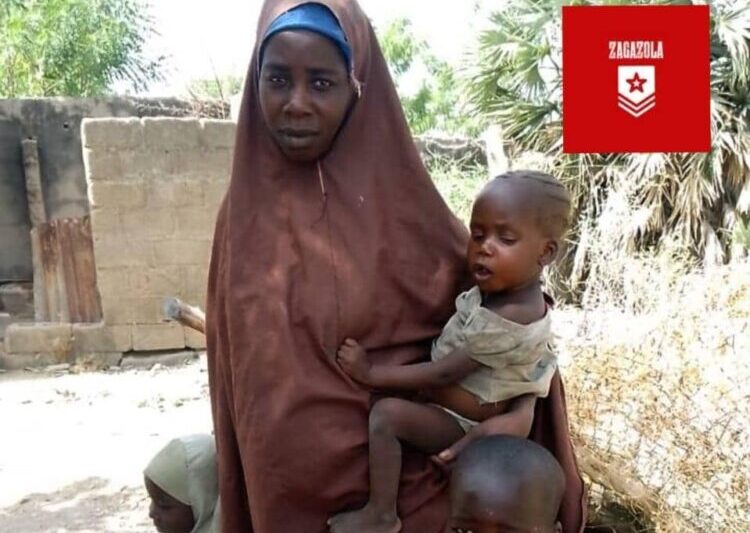While the government is resettling people from the three largest IDP camps in Maiduguri, it does not appear to even be aware of the plight of those living in more than 80 other unofficial camps.
Displaced people who are taking refuge in more than 80 unofficial community camps in Maiduguri are begging the Borno State government to resettle them in their ancestral homes.
They say it appears as if they have been “forgotten” because the government has already started resettling displaced people from the three largest unofficial camps but it does not appear to know of the existence of those living in more than 80 unofficial camps in the metropolis.
They say their living conditions are extremely hard. They do not have enough food and their children are starving and falling ill. They do not have anywhere to farm or establish businesses, meaning they cannot work. They lack adequate medical care. Few of their children are getting an education because they cannot afford school fees or learning materials.
“We cannot go on like this. Everyone is hungry. Our children are falling ill because they are starving and their immune systems cannot fight off germs. We do not have adequate sanitation or clean running water,” said Ya Fatima, who lives in the unofficial Biafra IDP camp in the Maiduguri Metropolitan Council.
“The children spend most of the time on the streets begging for food or money. But often they do not have the energy to move, so they sit idly in the camp all day.
“Most of us do not want our daughters to go begging because unscrupulous men try to take advantage of them. Some displaced girls have fallen pregnant. Others have been raped or sexually assaulted. It’s a shame.”
Borno State governor Babagana Umara Zulum shut down all official IDP camps at the end of 2021.
In February this year, 447 IDPs from the sprawling unofficial Kawar Maila camp and Dalori communities were resettled in the newly constructed Dalori Resettlement Estate in the Konduga Local Government Area.
At the time, Zulum said the resettlement was the start of the closure of all unofficial camps in Maiduguri.
“By the grace of God, we are going to close the remaining unofficial camps on or before May 29,” he said.
“We assure you the government is doing everything possible to resettle the people of Muna and Madinatu unofficial camps.
“These returnees will be given cash, food and non-food items to support them so that they can pick up the pieces of their lives.”
Displaced persons told RNI that Kawar Maila, Muna and Madinatu were the three largest unofficial camps in Maiduguri. There were more than 80 smaller unofficial camps.
Sa’idu Mohammed Barkindo, the director-general of the Borno State Emergency Management Agency (SEMA), told RNI that as far as the government was concerned there were only three unofficial camps – Muna, Kawar Maila and Madinatu.
Kawar Maila had already been closed and the others would be shut down by the end of May.
Now displaced persons living in the more than 80 smaller unofficial camps do not know what the future holds for them.
RNI visited two of the camps on Tuesday, March 19.
Falmata said: “There seems to be no plan to resettle the rest of us. We don’t know what is to become of us. It sounds as if the government has forgotten us and authorities do not know we exist.”
She told RNI that she and her family originally came from the Konduga district but they had fled to Maiduguri because of persistent deadly attacks by insurgents.
“We have been living in Biafra camp for more than seven years. It has been tough. Our living conditions are poor. We cannot farm or conduct our business activities. We do not have adequate food or shelters. There are no social services. And our children are suffering because they are starving.”
Fatima said the IDPs were begging the government to come to their aid and address their plight.
“All we want is to return to our ancestral homes. The Borno State government has already resettled many communities. We want to go back so that we can farm and engage in our old business activities. We want our livelihoods to improve without all the challenges we face in the camp.”
Fannami Amodu, a displaced man who is chairperson of the unofficial Mashimami camp in Maiduguri, told RNI that he was originally from Umari village in the Bale-Galtimari ward of the Jere Local Government Area.
He said he and others had been chased from their homes by insurgents.
“We have lived here for almost five years now. But the land on which the camp is situated belongs to a wealthy individual who wants us to vacate the camp because he wants to sell the property.
“The displaced persons in Mashimami want to go back home. But it is impossible for us to go on our own. Before anyone can be resettled the government has to ensure there is adequate security. Critical infrastructure – such as houses, a market, schools and hospitals – needs to be in place before we can return.
“We are just waiting for the word and we will happily pack up and return home. But it seems as if the government has no plans to resettle us.
“We don’t know where we will go if the landlord chases us from this camp because our hometowns are not safe yet and the government is shutting all the IDP camps. Living with this uncertainty – and that’s not even counting the challenges we face every day – is extremely hard. What is to become of us?”
SHETTIMA LAWAN MONGUNO









